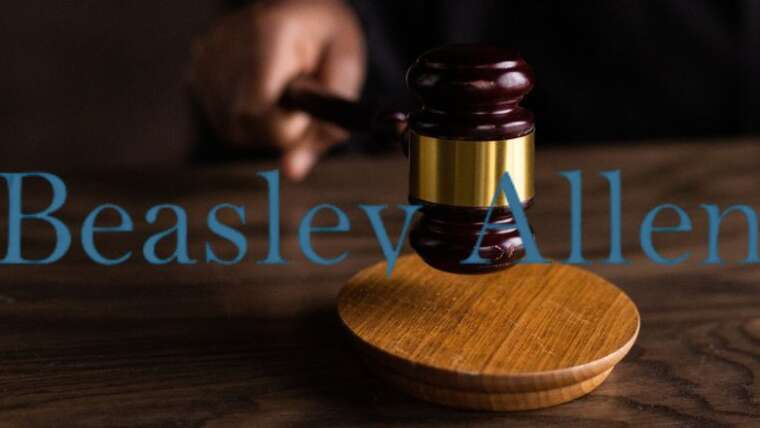Fraud against the government costs taxpayers billions each year and weakens public trust. Exposing such misconduct takes courage, as those who step forward usually face serious risks. The False Claims Act empowers individuals to report fraud involving federal or local funds while providing vital legal protection. This law promotes accountability, helps recover stolen resources, and supports transparency in public programs.
A whistleblower attorney Washington DC, can guide individuals through each stage of the process, from filing a claim to protecting their rights. With proper legal help, whistleblowers can report fraud safely. Washington, D.C. laws strengthen these protections for truth-tellers.
Table of Contents
False Claims Act Explained
The False Claims Act (FCA) is a federal statute that permits individuals to file lawsuits on the government’s behalf when they identify fraudulent activities against federal programs. These lawsuits, known as “qui tam” actions, help recover stolen or misused public money. Whistleblowers can receive a portion of the recovered amount as a reward.
In D.C., this law applies to both federal and local programs funded by the government. Common examples include fraudulent billing in healthcare, defense contracts, or public works. The goal is to protect public funds and encourage citizens to report wrongdoing without fear.

Who Can File a Whistleblower Claim
Anyone with credible information about fraud against federal or D.C. programs can file a whistleblower claim. This includes employees, contractors, or even outside observers who discover evidence of misconduct. The information must be original and not already disclosed publicly.
Timing is crucial. Most cases must be filed within six years of the violation. Acting early and contacting a whistleblower attorney in Washington, DC, ensures your claim follows the correct legal process. Attorneys also help maintain confidentiality while the government reviews the evidence under seal.
Legal Protections for Whistleblowers in D.C.
Whistleblowers are shielded from retaliation when they report fraud in good faith. Employers cannot fire, demote, or harass workers for cooperating in investigations or exposing misconduct. These safeguards apply across both public and private sectors that handle government funds.
If retaliation happens, the law allows whistleblowers to seek reinstatement, back pay, and compensation for damages. Washington, D.C. courts have a strong record of enforcing these protections. This ensures that individuals who tell the truth don’t suffer for their honesty or lose their livelihoods in the process.
Steps in Filing a False Claims Act Case
Filing under the FCA follows a specific process to protect both evidence and the whistleblower:
- Collect Documentation – Keep records such as emails, invoices, or reports that prove fraud.
- Hire an Attorney – A lawyer ensures proper filing and helps protect your identity.
- Submit Under Seal – The case remains confidential while the government investigates.
- Government Review – Authorities decide whether to take over or let the whistleblower continue independently.
Throughout this process, the government examines the facts closely. In the capital, coordination between federal and local agencies helps ensure fair review and accountability in every case.
Types of Fraud Commonly Reported in D.C.
The capital city sees many fraud cases due to its heavy involvement in federal programs and contracts. Common forms include:
- Procurement fraud: Contractors inflating costs or billing for uncompleted work.
- Healthcare fraud: Hospitals or clinics filing false claims for unnecessary services.
- Grant misuse: Organizations diverting government funds from their intended purpose.
Each case undermines public trust. Whistleblowers in the nation’s capital play a vital role in preserving transparency and protecting taxpayer money from misuse.
The False Claims Act remains a cornerstone of public integrity, giving individuals the power to expose fraud while staying protected. For residents of Washington, D.C., these legal safeguards make reporting safer and more effective. With proper legal support, courage, and documentation, whistleblowers help create a system built on fairness, honesty, and respect for public resources.


